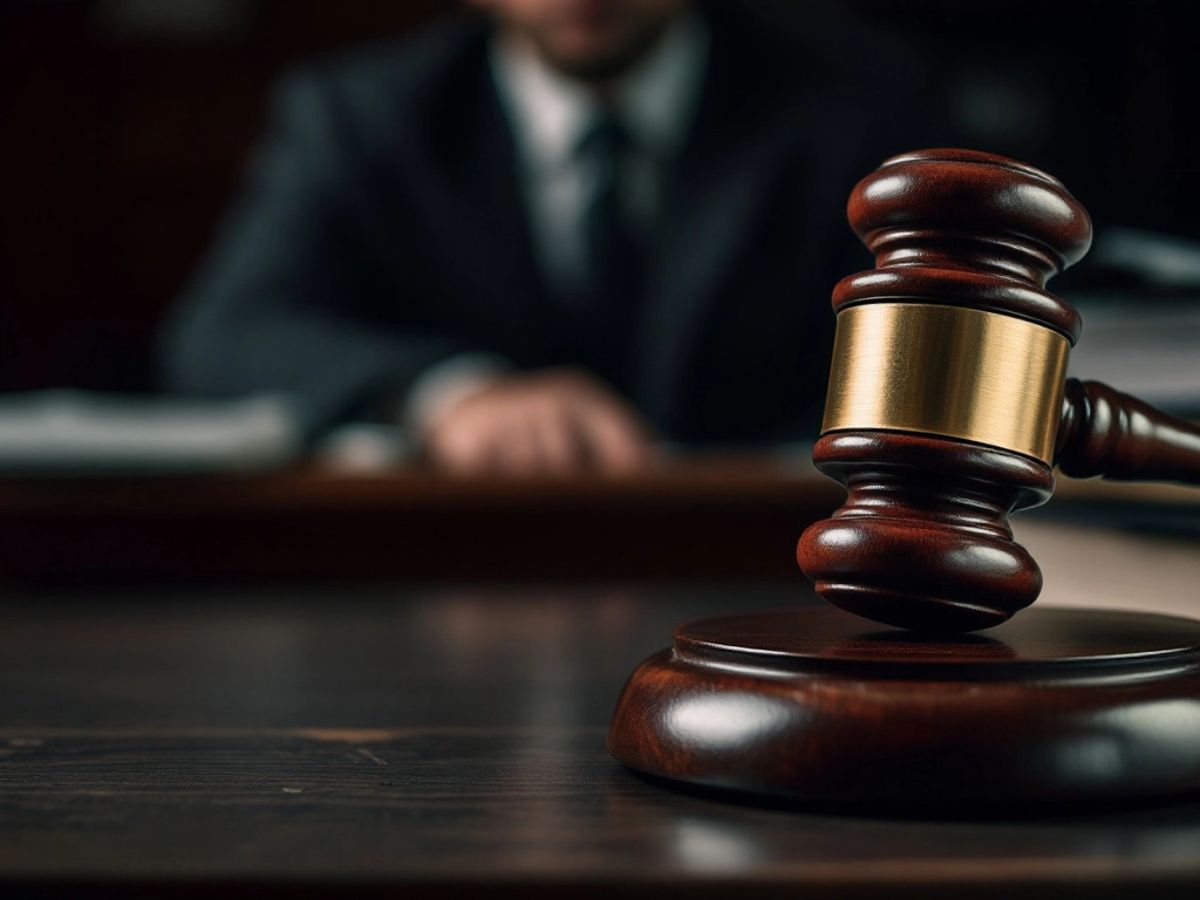Child Welfare
Controversial Ruling Prevents Deportation of Convicted Paedophile in the UK

A recent legal decision has sparked outrage as an India-born paedophile, convicted for distributing child sex abuse images, cannot be deported from the UK. The ruling, which cites the potential harm to his children, has raised serious questions about the balance between human rights and public safety.
Key Takeaways
- The convicted paedophile, referred to as ‘HS’, was jailed for 14 months in 2021.
- His appeal against deportation was granted on the grounds of family life under Article 8 of the ECHR.
- The case has drawn criticism from political figures, calling for a review of the UK’s relationship with the ECHR.
Background of the Case
In 2021, HS was sentenced to 14 months in prison after being found guilty of three counts of distributing child sex abuse images. Following his release, the Home Office sought to deport him due to the severity of his crimes. However, HS challenged this decision, arguing that deportation would adversely affect his two children.
Legal Proceedings
The initial appeal was granted by First-tier Immigration Judge Jetsun Lebasci, who ruled that deportation would be ‘unduly harsh’ on HS’s children. This decision was based on the argument that it would infringe upon his right to a private and family life as outlined in Article 8 of the European Convention on Human Rights (ECHR).
However, the Home Office contested this ruling, leading to further scrutiny of the case. Upper tribunal judges expressed serious concerns regarding the handling of the initial appeal, particularly focusing on the report from an independent social worker, Laurence Chester. The judges noted that Chester’s report failed to adequately consider the nature of HS’s offences and the implications for child safeguarding.
Concerns Raised by Judges
The upper tribunal judges highlighted several critical points:
- Omissions in the Report: The independent social worker’s report did not address the nature of HS’s offending adequately, which is a significant oversight given the context of child pornography.
- Limited Contact with Children: HS has only been allowed weekly video calls with his children, and family court judges have restricted direct unsupervised contact.
- Need for Reevaluation: The case has been referred back to the lower court for a new hearing, indicating that the legal battle is far from over.
Political Reactions
The ruling has ignited a political firestorm, with figures like Tory leadership hopeful Robert Jenrick condemning the decision as ‘madness’. He argues that it exemplifies the urgent need for the UK to reconsider its obligations under the ECHR, particularly in cases involving serious criminal offences.
Jenrick stated, "We cannot even remove sick paedophiles from our streets because of spurious ECHR claims. The situation is untenable. We must put the safety of the British people first and leave the ECHR immediately."
Conclusion
As the legal proceedings continue, the case of HS raises critical questions about the intersection of human rights and public safety. The balance between protecting family life and ensuring community safety remains a contentious issue, and this ruling may prompt further debate on the UK’s immigration policies and its relationship with the ECHR.
Sources
-

 Business5 days ago
Business5 days agoS&P 500 Soars in Best May in Decades Amid Tariff Relief and Nvidia’s Surge
-

 Immigration5 days ago
Immigration5 days agoTrump’s Immigration Crackdown: Legal Battles and Policy Shifts
-

 Healthcare7 days ago
Healthcare7 days agoAttention Economy Arms Race: Reclaim Your Focus in a World Designed to Distract You
-

 Business5 days ago
Business5 days agoUS Stock Market Soars in May Amidst Tariff Tensions and Inflation Worries
-

 Government5 days ago
Government5 days agoTrump Administration’s Government Reshaping Efforts Face Criticism and Legal Battles
-

 Business5 days ago
Business5 days agoTrump’s Tariffs: A Global Economic Reckoning
-

 Foreign Policy3 days ago
Foreign Policy3 days agoInside Schedule F: Will Trump’s Federal Workforce Shake-Up Undermine Democracy?
-

 Press Release2 days ago
Press Release2 days agoIn2space Launches Campaign to Make Space Travel Accessible for All










